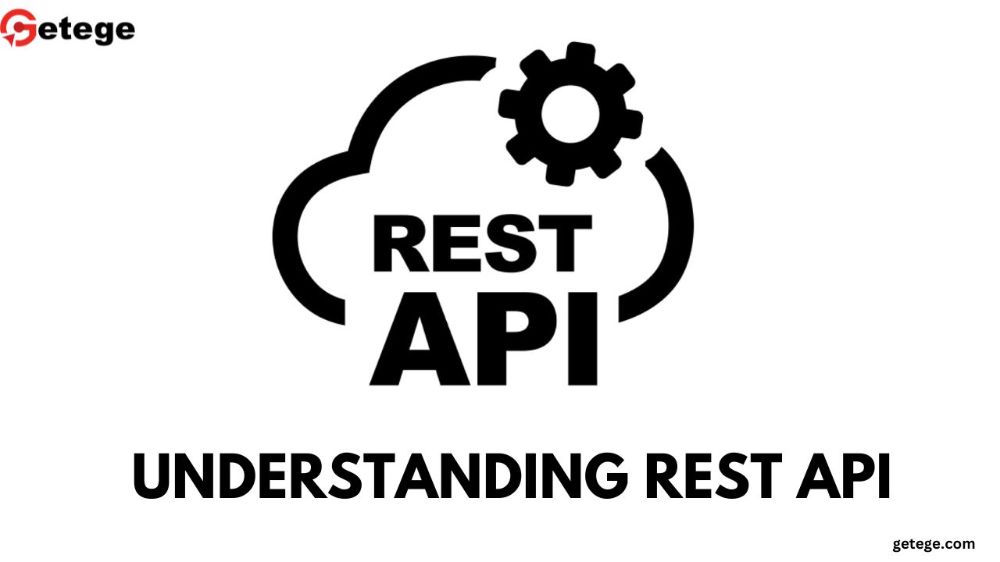Why TypeScript is Essential for Modern Web Development
In today’s fast-paced web development landscape, efficiency, scalability, and maintainability are key factors that determine the success of any project. JavaScript, while a powerful tool for building interactive web applications, often has limitations when it comes to large-scale projects. This is where TypeScript comes into play. As a superset of JavaScript, TypeScript brings powerful features like static typing, error detection, and object-oriented programming to the table, making it easier to write clean, maintainable code. This post delves into why TypeScript is becoming increasingly popular among developers, how it improves on JavaScript, and why you should consider adopting it for your next project.
What is TypeScript?
TypeScript is an open-source programming language developed by Microsoft, and it’s a strict syntactical superset of JavaScript. Essentially, TypeScript builds on JavaScript by adding optional static types and other advanced features, such as:
- Type annotations for variables, functions, and objects.
- Interfaces and classes for better structure in object-oriented programming.
- Generics for building reusable components.
By adding these features, TypeScript reduces the likelihood of common errors that occur in JavaScript, particularly when working with larger codebases.
Why TypeScript is Better for Large-Scale Projects
1. Static Typing
JavaScript is a dynamic language, which means that data types (like strings, numbers, or arrays) are determined at runtime. This flexibility, while useful for smaller projects, can lead to significant bugs in larger codebases. TypeScript’s static typing system enforces data types at compile time, which helps developers catch errors before the code is even run.
2. Improved IDE Support
One of the standout features of TypeScript is its compatibility with Integrated Development Environments (IDEs). With TypeScript, developers benefit from better autocomplete suggestions, code navigation, and error detection. This is because the TypeScript compiler can predict variable types and other elements of the code, making development faster and more efficient.
3. Refactoring Made Easy
When working with large teams or on massive codebases, refactoring can be a challenging task. Since TypeScript enforces types, it’s easier to make changes without the fear of breaking the code. IDEs with TypeScript support can catch errors instantly when refactoring, saving time and ensuring that the application continues to function smoothly.
4. Code Maintainability
TypeScript encourages developers to write cleaner, more maintainable code. The addition of types, interfaces, and object-oriented features promotes better organization of code, making it easier to maintain and extend in the future. This is particularly useful for long-term projects, where the codebase is likely to grow over time.
5. Backward Compatibility with JavaScript
One of the best things about TypeScript is that it compiles to plain JavaScript. This means that any existing JavaScript project can adopt TypeScript incrementally. You can start by adding TypeScript to just a few files and gradually transition the entire codebase, making it a versatile and non-disruptive addition to any team’s workflow.
TypeScript vs. JavaScript: A Quick Comparison
| Feature | TypeScript | JavaScript |
|---|---|---|
| Typing | Static (optional) | Dynamic |
| Error Detection | Compile-time | Runtime |
| Object-Oriented Support | Full (classes, interfaces, inheritance) | Limited (prototypes) |
| Tooling and IDE Support | Advanced (autocomplete, refactoring, errors) | Basic |
| Adoption in Large Projects | High | Medium to High |
Conclusion
TypeScript is more than just a tool for writing safer JavaScript code—it’s a robust language that encourages better coding practices, improves collaboration within development teams, and ensures that your web applications are scalable and maintainable. With its wide range of features and its seamless compatibility with JavaScript, TypeScript has become an essential part of modern web development.
Whether you’re working on a small project or building the next big application, TypeScript offers tools that can help you write better, cleaner, and more reliable code. So if you haven’t started using it yet, now is the time to embrace this powerful technology and take your development skills to the next level.














